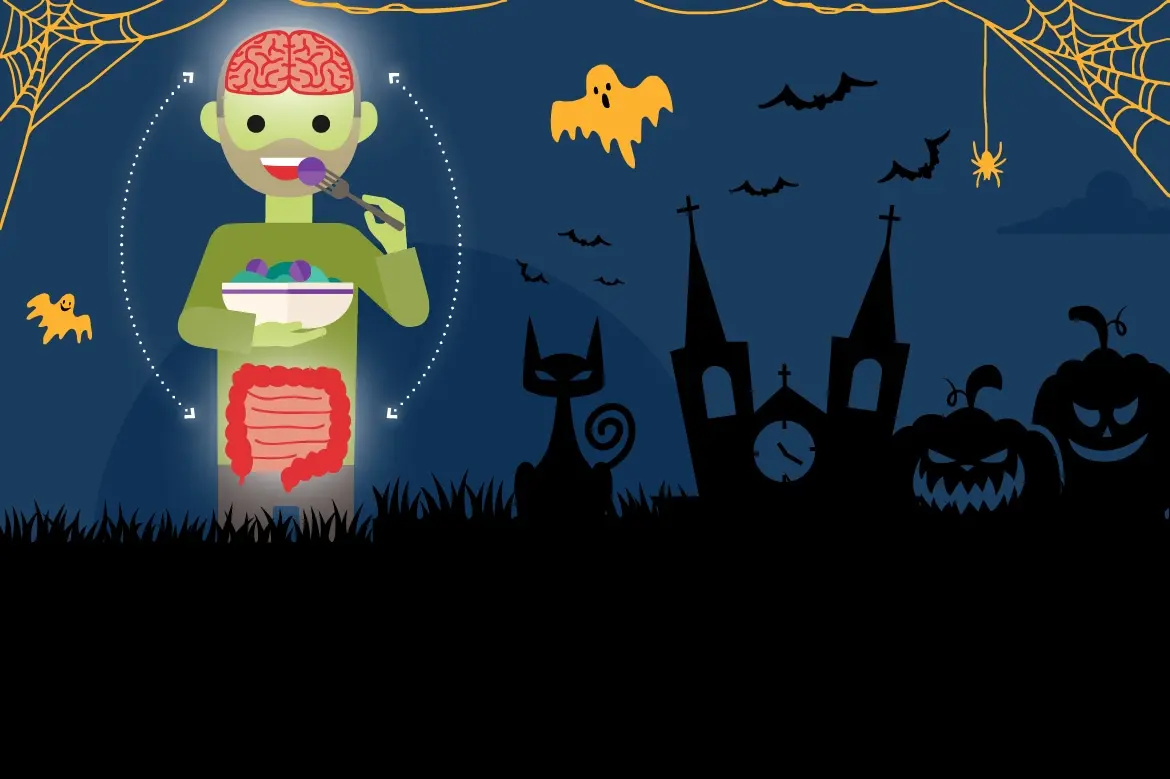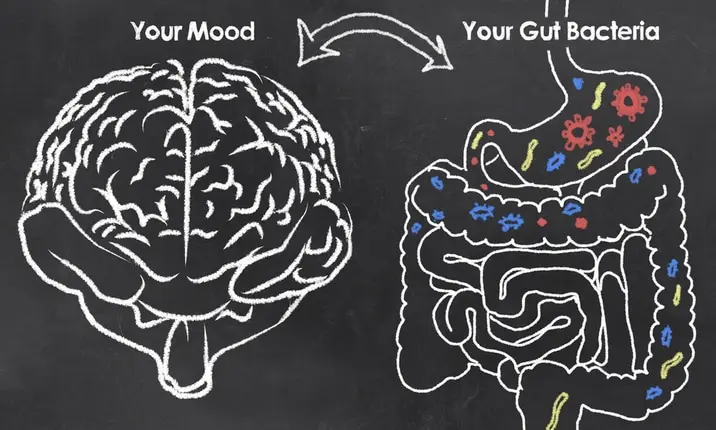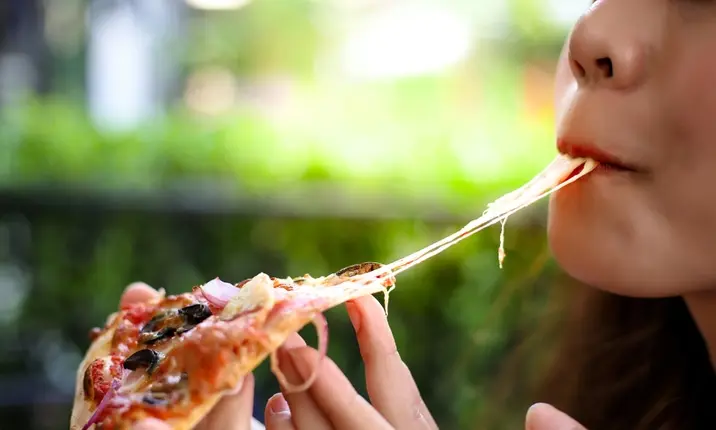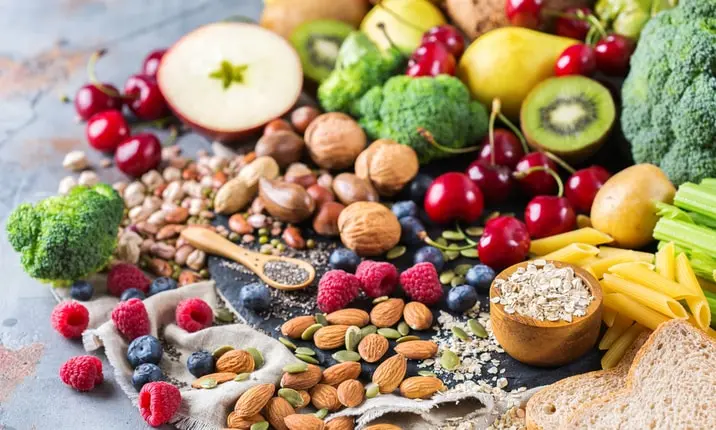If you find it difficult to control your consumption of Halloween candy this year, and are concerned on how this might affect your stomach health, read on to learn a few tricks!
The connection between your gut and your brain
Your digestive system contains millions of nerve cells that line the walls of the gastrointestinal tract, controlling digestion and communicating back and forth with your brain.
Your stress levels and mood can affect the way your gut functions, because of the relationship between your central nervous system and this smaller nervous system, known as the enteric nervous system. This might include the speed and ease of digestion, consistency of bowel movements, and the level of inflammation in your gut.
The devil lies in your emotions
The emotional side of your brain may hinder your ability to eat a balanced diet. Your mood may affect the intensity of the hunger pangs you feel, and your ability to control the choices you make about food.
Your mind overrides your body
Your body naturally craves for nutritional foods, but when you're feeling anxious, your brain may take over and trick you into reaching for unhealthy food instead. Processed foods that taste good are often high in fat and sugar, causing your brain to release dopamine and motivating you to eat more.
In the long term, these unconscious habits may result in obesity and uncontrolled eating. Once a person is overweight, their gut health tends to be unbalanced, which increases stress, in turn tricking the body into craving more unhealthy food.
This ongoing impact of emotion-leading diet should not be taken lightly. On the other hand, when you're feeling low, you may also lose your appetite altogether, even if your body really needs nutrients to help improve your mood.
Tricking your mind for a better gut
Most of the food choices we make every day are performed by the subconscious mind during daily activities. This may happen when we're eating biscuits while scrolling Facebook news feeds, finishing a bag of chips during a movie, or reaching for free-flow canapes and drinks during networking events. This is called mindless eating, and here are some tricks to stop it.
Trick 1: Eat slowly to eat less
Your stomach can hold up to 4 litres worth of food, but you wouldn't want to fill your stomach to its brim, as overeating may trigger heartburn and cause acid reflux. Your hormonal crosstalk system sends a message to your brain that you feel full when your brain reacts to chemicals released in your stomach upon ingesting food and drinks.
It takes your brain about 20 minutes to register these chemicals – hence eating slowly allows time to communicate to your brain that your stomach is filled. A good strategy is to take breaks during your meal to put down the cutlery, chew, and really enjoy the food you eat.
Trick 2: Drink water before mealtimes so your brain thinks you're half-full
Your brain employs the same gut-brain connection to register that your stomach is half-filled. Filling up your stomach with water before a meal helps to signal the brain that you are already partially full. That way, you may not eat such a large meal.
Trick 3: Skip fatty/sugary foods by making it inconvenient to eat them
Instead of reaching for a bag of chips or eating out of a takeaway box, go through the effort of putting food into a bowl, making junk food out of reach, or arranging them nicely on a plate. Knowing that you have to wash additional utensils may also make you less likely to snack on them.
Trick 4: Exercise and eat small and frequent meals
When you exercise, the body enters a fight-or-flight mode which reduces the sense of hunger. When you have small meals frequently, you introduce food into your body at regular intervals so the stomach does not empty and produce ghrelin. This helps to reduce the release of ghrelin and your perceived state of hunger.
Now, to treat your gut!
Eat a balanced diet rich in whole foods
This helps to foster a healthy gut-brain connection and keep your overall health in check. Foods that promote a healthy gut-brain connection include:
- omega-3 rich fats that can increase good bacteria in the gut and reduce risk of brain disorders, such as fish oil, tuna, salmon and walnuts
- healthy fats that are essential for brain development, such as olive oil and avocado
- probiotic yoghurt
- fermented foods like sauerkraut, tempeh and kombucha (choose those that are low in fat, sugar and salt)
- high-fibre vegetables and fruit
- whole grains
These foods are often recommended by doctors and dietitians for their potential to increase levels of good bacteria in your system.
Consciously choosing to eat a more balanced diet may be challenging at first but it will get easier as your mood improves your health stabilises, and you stop seeking a sugar rush from processed food.
Keep portion sizes in check and eat a variety of food
Keeping your weight consistently within a healthy range of the Body Mass Index (18.5 – 23 kg/m2) is important, which can be controlled by portion sizes and eating a wide range of ingredients.
Adopt healthy lifestyle habits and reduce stress
Exercise more, avoid smoking and drinking, and try to manage your stress better by knowing your triggers. If you think you might be suffering from a digestive disorder, it is important to see a doctor for a diagnosis. Dietitians will also be able to advise you on keeping a well-balanced diet that works for you and your needs.
Your body can play tricks on you when you give in to cravings, but thinking more carefully about your food choices can lead to a positive cycle of gut and brain health.














